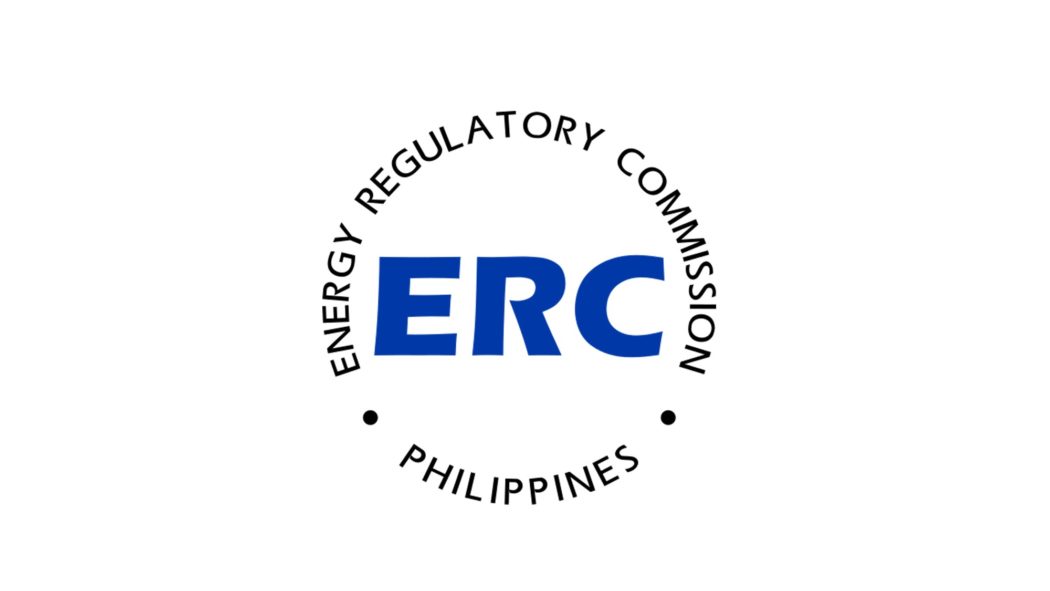The Energy Regulatory Commission (ERC) postponed the inspection of certain power generation firms’ facilities in light of the novel coronavirus (2019-nCoV) outbreak in the country.
“nCoV affects inspection of facilities for renewal and new application of Certificate of Compliance (COC). We have schedules but we need to be concerned about the effects of nCoV because everybody is concerned about that. So, in areas where the government has identified that there is a possibility of the spread of the virus, we can, to our level, defer the inspection until better times,” ERC Chief Agnes Devanadera was quoted as saying in a BusinessMirror report.
The inspection is necessary before the regulatory body can act on the applications for new and the renewal of COCs. However, an ERC official explained in the report that, while most of the facilities for inspection are “sanitized,” most of them require long journeys to reach – with flights and land travel that could expose the teams to the virus.
Devanadera revealed that there are more than 1,000 sites, including Small Power Utilities Groups (SPUGs), that were to be inspected by ERC’s technical teams.
The Commission has received applications for new COCs involving 46 power plants in the main grid and 137 power plants off-grid, generating a total capacity of 3,219 MW and 267 MW respectively.
For COC renewal, the regulatory body has received applications for 59 power plants in the main grid and 27 power plants off-grid, generating a total capacity of 7,673 MW and 83.93 MW respectively.
Among the power plants applying for COC renewal are Ilijan, Masinloc, Sem-Calaca, San Buenaventura Power Ltd., and SNAP-Magat.
Furthermore, the Commission also needs to inspect 1,276 metering points of the National Grid Corp. of the Philippines (NGCP).
“But it does not mean that these plants will not be able to go online considering the acute supply. Now, we can see that the coronavirus is affecting the movements of the people. Even the trainings that we’re supposed to send our people to are being put on hold. At least for the first quarter, we will not send people for training abroad,” Devanadera stated in the report.
Thus, in order to not affect the power supply, the Commission will be issuing temporary permits valid for six months.
“Only those up for renewal will be given provisional permits. The duration of the provisional approval is only for six months. If certain gencos already have testing results, they can also be given provisional approval,” Devanadera said.
ERC Commissioner Josefina Patricia Magpale-Asirit also expressed that affected gencos seeking for COC renewal should apply three months prior to the expiration of their certificates.
“Normally, inspection takes place after the agency has been notified that the power plant is ready for commissioning and testing. From that time on, as long as the records are complete, no other requirement will be sought. It can already go up to the ad hoc in two to three weeks, then it can go to the Commission in another two weeks.”
“The suspension is only temporary. We will assess these first three months. The risk of exposure is not in the actual areas of the power plants because most of these are sanitized. But before our teams can reach those sites is a long journey. They would have to take an airplane and land travel combined,” Asirit explained in the report.


